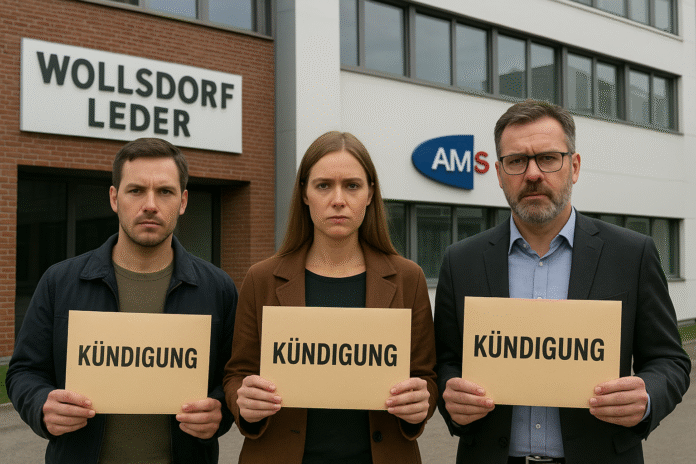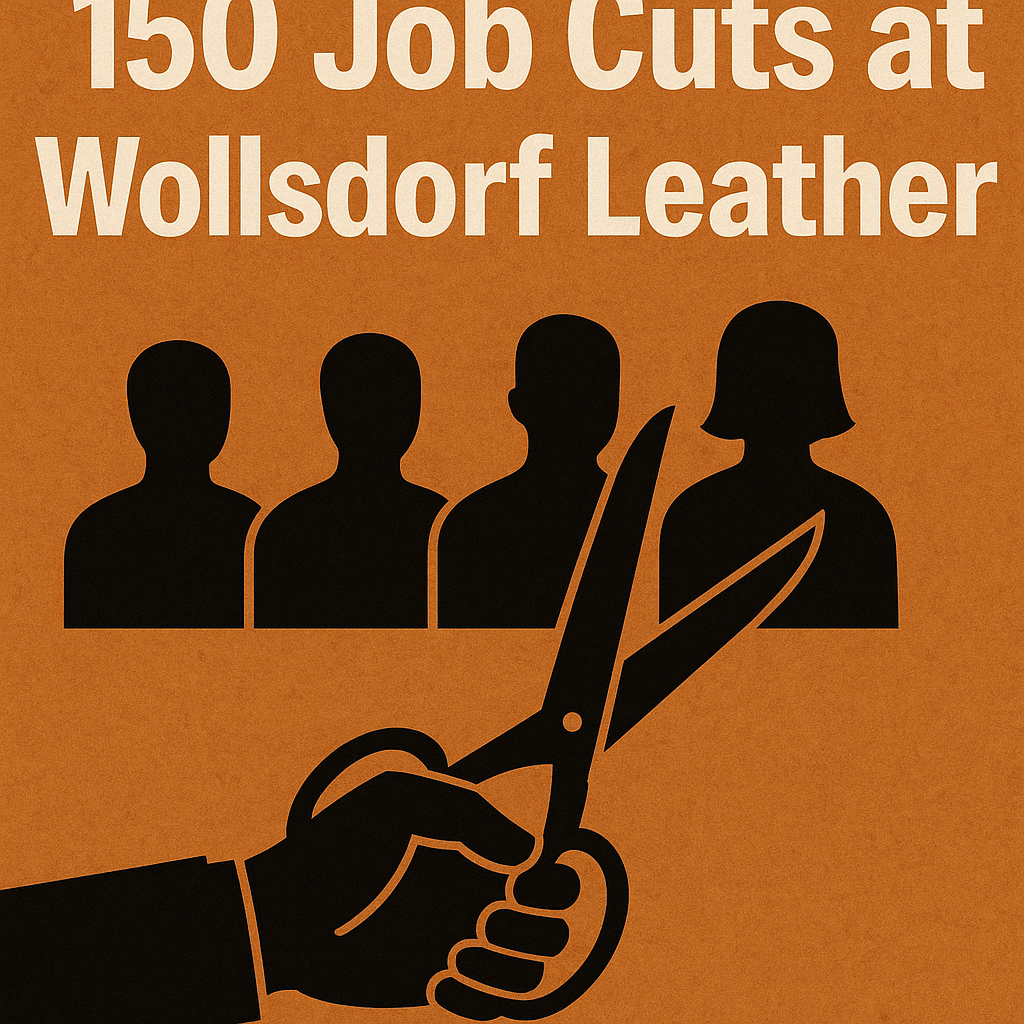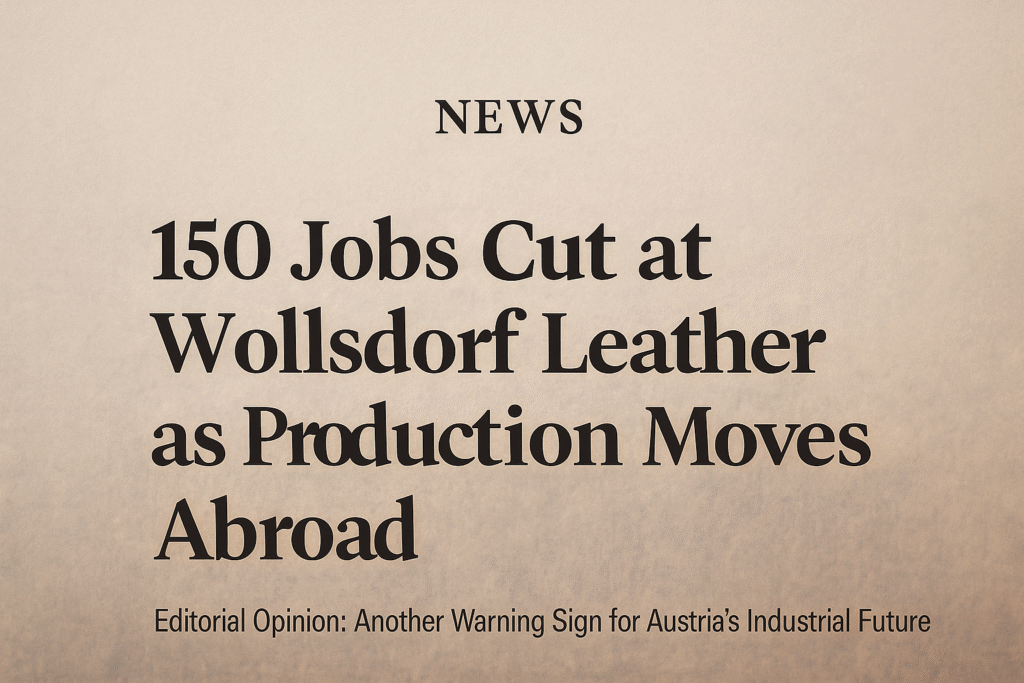
The layoffs at Wollsdorf Leather are more than just another sad headline—they are a symptom of the deeper structural problems Austria has been ignoring for too long. When a well-established company with decades of expertise in high-quality leather production decides it is cheaper to move operations to Mexico, it signals a dangerous shift: our industrial base is becoming unsustainable under current economic conditions.

Of course, globalization and cost competition are nothing new. But what is alarming is how quickly Austrian jobs—especially those held by women—are becoming collateral damage in a race to the bottom. The fact that 150 people, many of them cross-border commuters who depended on stable employment in Weiz, will soon find themselves without work shows how vulnerable the region’s economic model has become.
- The Guardiola Blueprint: Manchester City’s Relentless, Costly Pursuit of Perfection
- Bold Visions Meet Economic Reality in Davos 2026.
- The United Nations’ Double Standard and America’s Global Bullying Problem
The automotive sector, one of Austria’s traditional strengths, is under intense pressure worldwide. But instead of finding innovative ways to strengthen local production, companies are increasingly opting for the cheapest possible labor markets. This is understandable from a business perspective, but devastating for communities built around industry.

Worse still, officials openly admit that unemployment is expected to rise further in 2026, with no relief in sight. That is a stark warning: people will be forced to retrain, reskill, and accept jobs far removed from the trades and industries that once defined their professional identity.

The real question is this:
How long can Austria maintain its reputation as a high-quality production hub if manufacturing keeps fleeing to cheaper countries?
If policymakers do not act—by reducing costs, improving competitiveness, and supporting strategic industries—more companies may follow Wollsdorf’s path.
For the workers of Wollsdorf, this is not an economic debate. It is a personal crisis. For the region, it is a wake-up call.
And for Austria, it is another reminder that the industrial landscape is changing faster than public policy can keep up.



